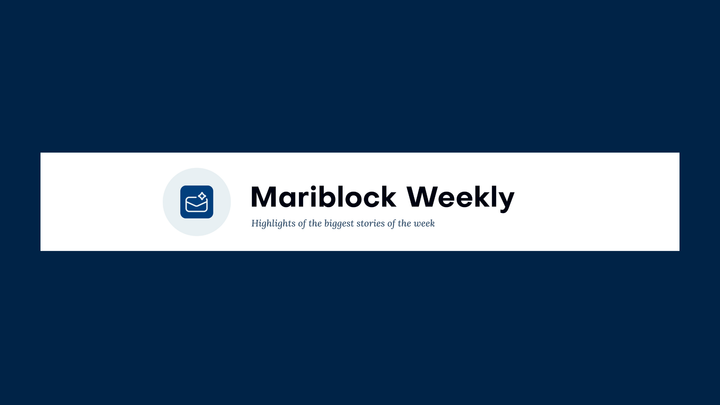Nigeria to implement legal frameworks for stablecoins and ICOs
The CBN highlights the importance of having a legal framework for stablecoins in a new strategy paper.

The Central Bank of Nigeria (CBN) is interested in creating a legal framework for stablecoins and Initial Coin Offerings (ICOs), a new strategy paper released by the regulator shows. According to the bank, private stablecoins have become a successful payment mechanism in the country, hence the need to regulate their operations.
Quick facts
- An excerpt from the paper titled “Nigeria Payments System Vision 2025” considers the need to implement a regulatory framework for stablecoins that the CBN believes will “almost certainly be used in Nigeria.”
- The report also emphasizes the need to regulate ICOs in the country, suggesting that a lack of regulations might be responsible for investor loss.
- CBN, however, sees potential for adopting ICOs as a strategy for fundraising for projects, crowdfunding and peer-to-peer lending.
- The regulator also added that it would continue to monitor ICOs and work with the country’s Securities and Exchange Commission (SEC) to develop a regulatory framework “in the event of adoption of an ICO-based investment solution.”
Key quote
“CBN would consider the development of a regulatory framework for potential implementation of ‘Stable Coin Offerings’.
“CBN would continue its watching brief on ICOs as well as work with SEC to jointly develop a regulatory framework in the event of adoption of an ICO-based investment solution.”
Some background
- Nigeria became the first country in Africa to introduce its own central bank digital currency (CBDC) — the eNaira — in October 2021.
- However, adoption rates of the eNaira have been low since its launch, with less than 0.5% of Nigerians using it as of last October.
- In an attempt to drive a cashless economy and increase the use of the eNaira, the CBN reduced over-the-counter withdrawals to a weekly maximum of ₦100,000 ($226) and ₦500,000 ($1,129) for individuals and corporate entities, respectively.
Why it matters
- Recent developments show that Nigeria is gradually softening its tough stance on cryptocurrencies and other digital assets.
- As previously reported by Mariblock, Nigerian legislators are considering a bill to recognize cryptocurrencies. The country’s regulators also announced plans to tax crypto transactions.



